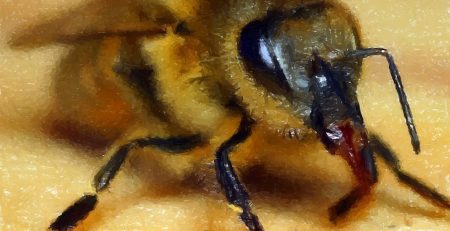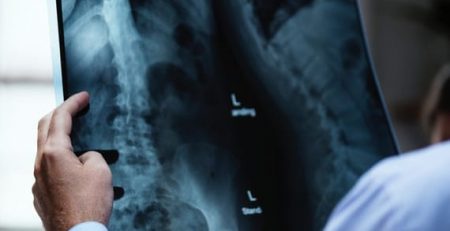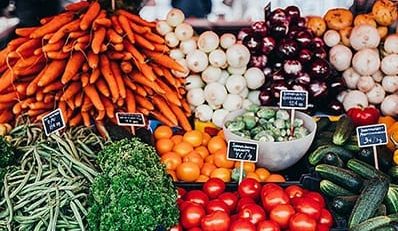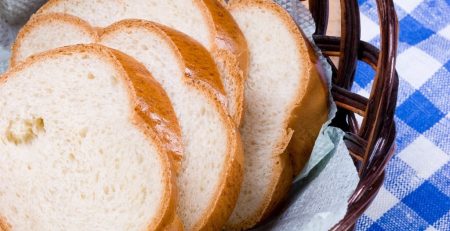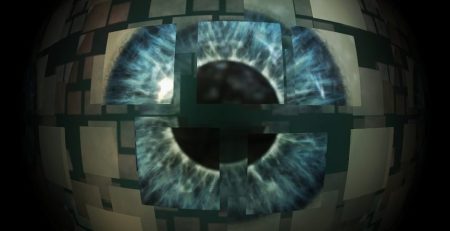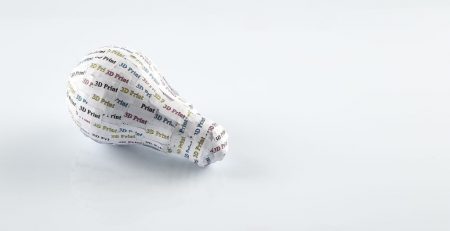Can Bacteria in our stomach cause cravings?
Is it really our minds longing for that piece of chocolate while on a diet or is it our bacteria? Dr Carlo Maley of the University of California San Francisco is trying to figure this out. “Bacteria within the gut are manipulative. There is a diversity of interests represented in the microbiome, some aligned with our own dietary goals and others not”, says Maley. Many bacterial species live in our gut and they prefer different foods. They help us break down nutrients we cannot, but according Dr Athena Aktipis, of Arizona State University, they have a negative side.
Maley and Aktipis believe that bacteria can influence what we eat by releasing molecules into our digestive system that are transmitted through the immune, endocrine and nervous systems to inform the brain what to put in our mouths.The authors recommend testing their theory. In Japan, seaweed is a crucial part of their diet so bacteria that specialize in digesting seaweed are common. If bacteria that are used to breaking down seaweed is suddenly transferred to someone of a western diet, then it might be possible that it might start craving.
“Our diets have a huge impact on microbial populations in the gut,” Maley says. “It’s a whole ecosystem, and it’s evolving on the time scale of minutes.” In 24 hours of changing to a new diet, the species distribution inside us are measurable, as those that benefit from the new food intake multiply. This tells us why probiotics can not only improve our health, but our mood. “Because microbiota are easily manipulatable by prebiotics, probiotics, antibiotics, fecal transplants, and dietary changes, altering our microbiota offers a tractable approach to otherwise intractable problems of obesity and unhealthy eating,” the authors write.






